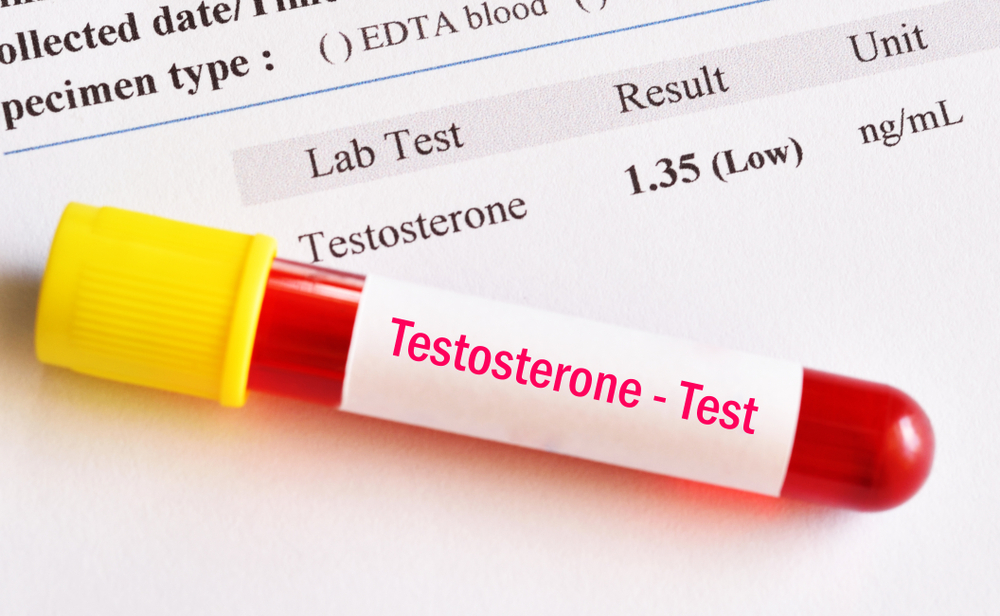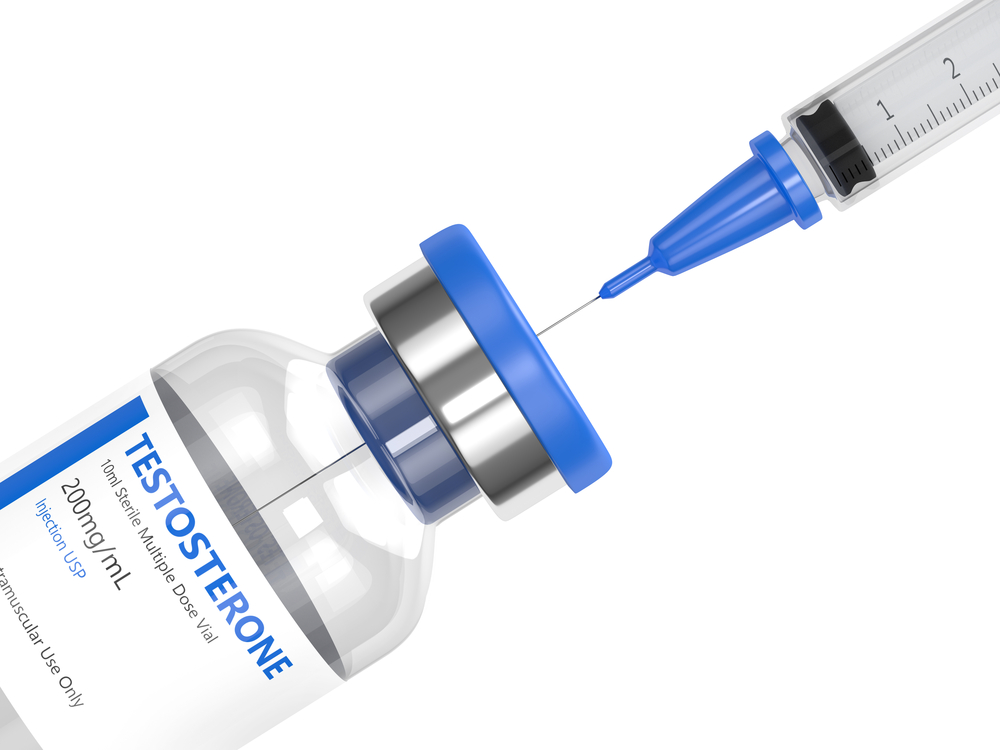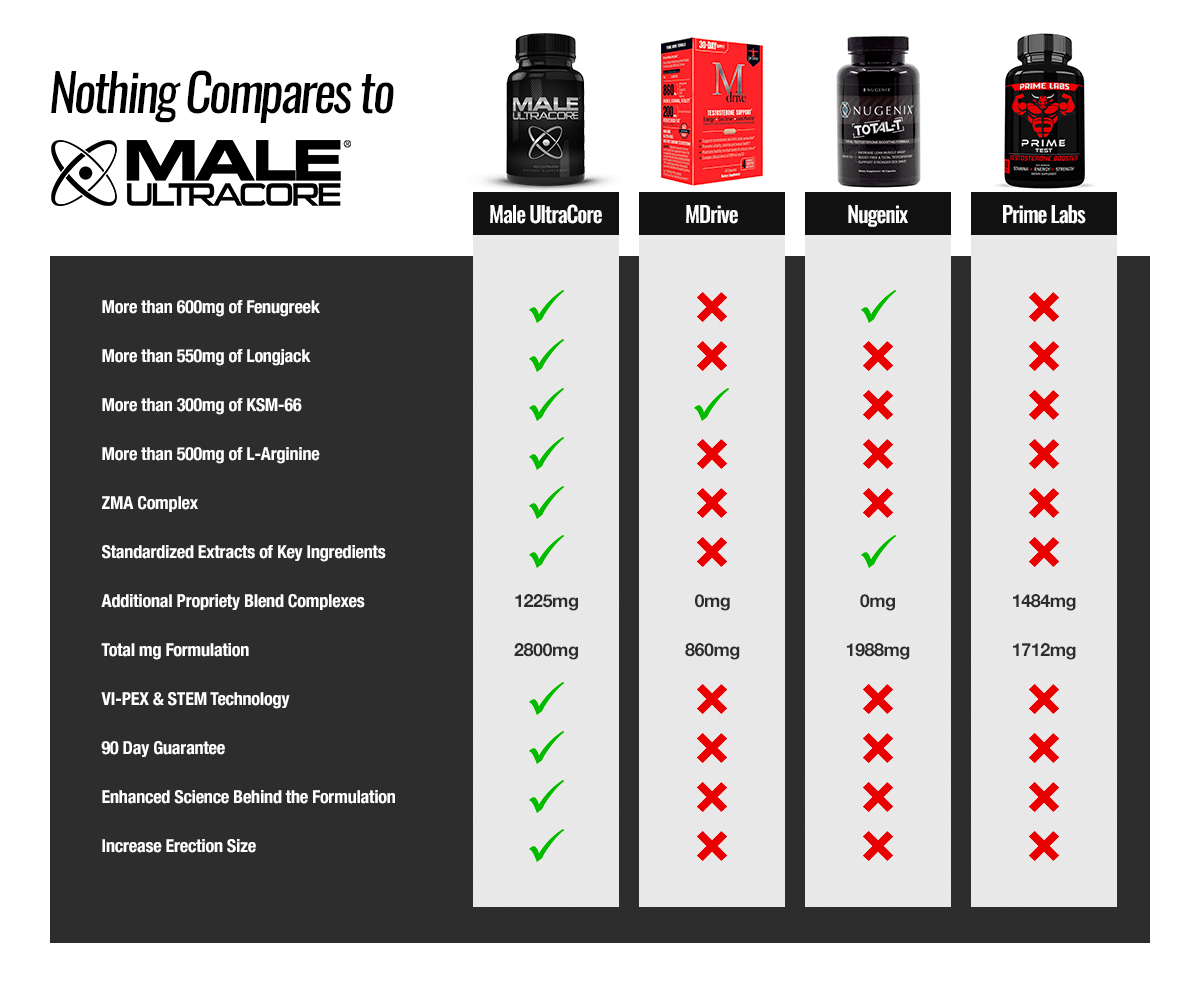In men, testosterone is the most abundant male sex hormone for a reason. This necessary androgen plays important roles in many body processes, and not just in maintaining high sex drive and normal sexual performance.
However, when we think of testosterone, we don’t really differentiate between free and total testosterone levels. In truth, though, free testosterone or circulating testosterone is the one that’s metabolically active, which means that’s the one that our body uses. Here’s why your free testosterone levels should concern you.
Overview
In men, testosterone is synthesized by the Leydig cells found inside the testicles. Luteinizing hormone (LH) from the pituitary gland stimulates the Leydig cells, triggering the production of the primary male sex hormone.
In young boys going through puberty, having sufficient levels of testosterone is extremely important in order for their male sex characteristics to develop well. The growth of muscles and body hair, the deepening of the voice, as well as the growth of the penis and testicles are all dependent on having normal testosterone levels.
In adult males, testosterone is often associated with the level of sex drive, sperm production, and erectile function. In fact, normal testosterone levels are also necessary for bone health, muscle growth and development, and for overall health.
Why You Need to Test Your Free Testosterone Levels
Your Free T-index or free testosterone index is a measure of how much testosterone you have freely circulating in your body. When you produce testosterone, most of it becomes bound to albumin and SHBG or sex hormone-binding globulin.
Whether you’re male or female, you’ll need to have your Free T-index measured regularly. That’s because your Free T-index can actually help your doctor diagnose various diseases such as androgen excess in women and hypogonadism or androgen deficiency in men.
For older males, specifically, hypogonadism is a common disorder. If you’re not worried about the decrease in fertility that usually accompanies hypogonadism, you should still be concerned because the condition is also associated with loss of bone mass, lower energy levels, and most importantly, erectile dysfunction.
If you’re noticing a decrease in your sex drive, having your free testosterone levels tested can help your doctor determine if your loss of libido is caused by androgen deficiency, or if you’re already suffering from andropause or late-onset hypogonadism.
The problem with andropause is that it causes more than just a decline in your sexual desire and performance. Late-onset hypogonadism can also lead to depression, poor concentration, and even anemia. As most men know, the extremely low levels of testosterone associated with andropause can also result in erectile dysfunction and infertility.
How Do You Test Your Free Testosterone Levels?

Free and total testosterone levels can be easily measured through a blood sample. The blood sample is usually drawn in the morning since that’s when your free and total testosterone levels peak. Both total and circulating testosterone levels actually fluctuate, so the doctor would need to test you when your androgen levels are at their highest.
Testosterone is usually measured either in picograms per milliliter (pg/mL) or nanograms per deciliter (ng/dL). For adult men aged 50 years old or older, the normal range is 193-740 ng/dL. For men aged 19-49 years old, the normal range is 249-836 ng/dL.
Depending on your results, your healthcare provider may recommend other tests such as sperm analysis, blood tests for other hormones, and testicular biopsy to analyze your testicular tissues. If your doctor suspects that something is wrong with your pituitary gland, an MRI of your pituitary gland may also be needed.
Should You Undergo Testosterone Replacement Therapy?
A lot of elderly men think that if only they could get testosterone replacement therapy, they would feel younger and more energetic and that they would be able to perform better during sex. However, testosterone replacement therapy may not always be the best solution to your low testosterone problems.

Although it’s been observed that testosterone replacement therapy can help reverse some of the adverse effects of hypogonadism, doctors also warn that the treatment may increase your risks of certain diseases such as heart diseases and benign prostatic hyperplasia or an enlarged prostate.
Testosterone replacement therapy has also been associated with higher risks of prostate cancer, sleep apnea, blood clots, and congestive heart failure. In addition, testosterone replacement therapy may also cause your testicles to shrink.
Natural Ways to Maintain High Levels of Free Testosterone
When you’re concerned about your free testosterone levels, one thing that you should do is to try and minimize aromatase activities in your body. Men also need small amounts of female sex hormones or estrogens, which is why a mechanism to convert testosterone into estrogen exists. That mechanism is through the actions of the enzyme aromatase.
The problem with high aromatase activities is that a lot of your free testosterone can get converted into estrogen, leaving only a little amount of circulating testosterone that your body can use.
In addition, when estrogen levels are too high, men can develop gynecomastia or the enlargement of breasts. Weight gain, increased risks of stroke, as well as prostate problems, are also linked to high estrogen levels in men.
To prevent your estrogen levels from skyrocketing and to keep your free testosterone levels high, you should try natural aromatase inhibitors such as fenugreek. Scientifically referred to as Trigonella foenum-graecum, fenugreek is an herb that’s popular for having numerous health benefits.
For one, fenugreek is known to have aromatase inhibitory effects, which means that taking fenugreek supplements can help you manage your free testosterone levels. Not only that, but the herb is also great for controlling your blood sugar levels and keeping diabetes in check. Plus, the herb can also help you control your appetite and manage your weight.
Millions of people are suffering from diabetes and obesity, and elderly men should be more concerned about these health conditions, considering the fact that these two diseases are some of the most common causes of impaired erectile function.
This means that if you take fenugreek supplements, you not only manage your free testosterone levels, but you can also control your diabetes, and even lose some unwanted weight.
Increase Your Testosterone Levels with Testosterone Boosters
Male UltraCore is a premium testosterone boosting supplement that is designed to maximize test levels, increase your performance and drive, and give you harder and fuller erections. 





